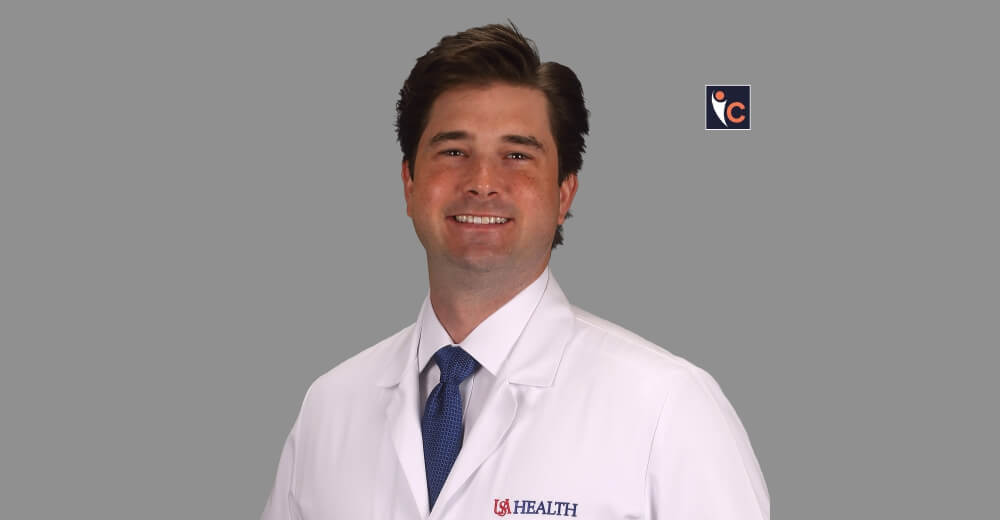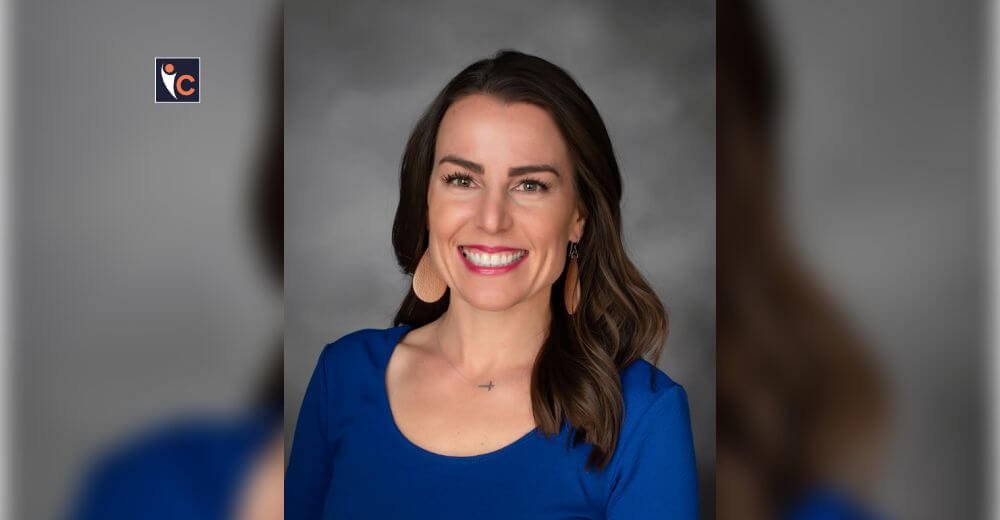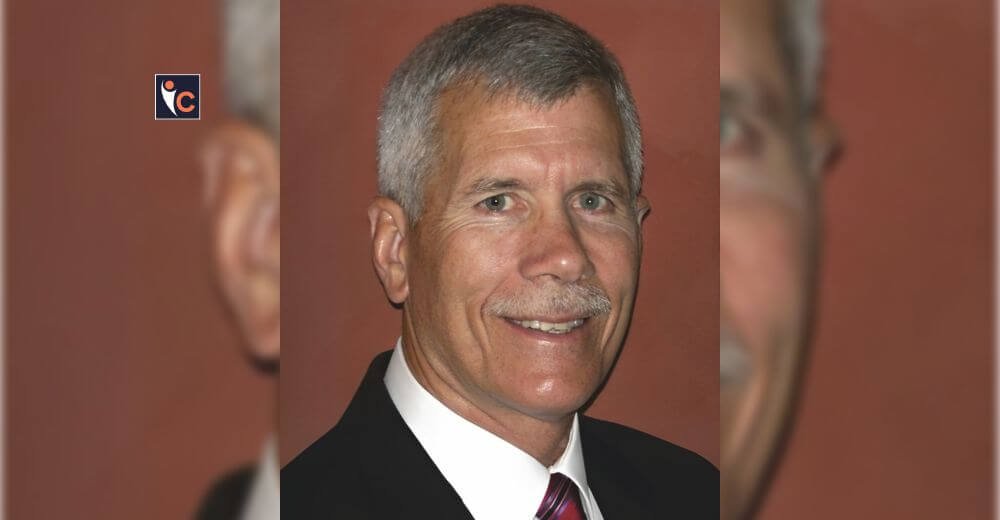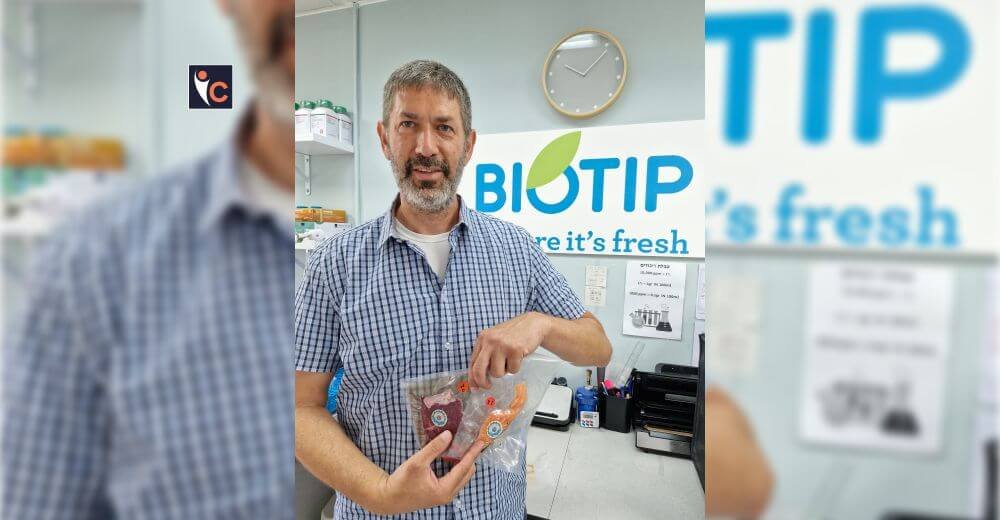In the world of healthcare, few professions demand the same level of dedication and skill as orthopaedic surgery. Yet, amidst this demanding field, there are those whose commitment to saving lives shines brightly. Tyler McDonald, M.D., is one such individual—a trusted pediatric orthopaedic surgeon whose journey is both inspiring and humbling.
During his training, Tyler initially envisioned himself specializing in joint replacement. However, fate had other plans. As he progressed through his residency, he found himself drawn to the world of pediatric orthopaedics. Recognizing the immense impact he could have on children’s lives, Tyler redirected his focus, embarking on a career devoted to their care.
Now affiliated with USA Health in Mobile, Alabama, Dr. McDonald brings his expertise in spine treatment to the Orthopaedic Surgery faculty. A graduate of the University of Texas Southwestern Medical Center, he completed his residency at the University of Mississippi Medical Center.
Dr. McDonald’s clinical interests encompass a range of conditions, from fractures and infections to comprehensive spine care. His dedication to his young patients is profound, and his passion for making a difference is evident in every aspect of his work.
In our interview with Dr. McDonald, we dive into the challenges he’s faced, the triumphs he’s celebrated, and the driving force behind his commitment to pediatric orthopaedics.
Brief our readers about your organization and highlight its mission in the healthcare industry.
USA Health is the only academic medical center in the region. Its mission is to help people lead longer, better lives. Our vision within the pediatric orthopaedic division is to provide quality, compassionate care to children with orthopaedic ailments. We value each member of our team and support each other in this shared vision. As an academic program, we also educate the future orthopaedic workforce in caring for pediatric orthopaedic patients so that through them, our reach continues to expand year after year.
Can you share any specific surgical innovations or techniques that you have contributed to or adopted in your practice to enhance patient outcomes?
We recently created a program at our hospital to offer Halo-Gravity Traction (HGT) as part of a treatment plan for children with severe spinal deformities. This is a technique I used in fellowship training at Nemours Children’s Health in Wilmington, Delaware. But when I started my job here at USA Children’s and Women’s Hospital, they had never used this treatment before. HGT is a very useful adjunct for children with the worst spinal deformities when other options aren’t ideal, and I wanted our patients here on the Gulf Coast to have access to this treatment.
How do you establish and maintain strong doctor-patient relationships, particularly in a field where trust is crucial?
I think the key to establishing trust with patients is to have them feel heard and understood, with their concerns validated. A huge part of that is simply listening to what they have to say. Even in a hectic clinic setting when I have patient after patient to see throughout a busy day, I try to spend time with each patient and resist the urge to rush through the visit. Especially in pediatric orthopaedics, you are realistically dealing with two patients: the child and the parent. Both may have concerns, anxieties, and expectations, and you have to learn to balance between both of them to build trust with the family.
What challenges do you commonly encounter in orthopaedic patient care, and how do you address them to ensure the best possible results for your patients?
There are many challenges on a daily basis when you are dealing with something as in-depth as pediatric orthopaedics. It is a wide range of pathology that we deal with. The biggest challenge is when I don’t have all of the answers right at the beginning. Sometimes it is a problem or condition that is rare that I haven’t encountered before. Sometimes I may not know what the problem is that is leading to their complaints. I think in this situation, honesty is key. I don’t pretend to always know the answers. I think patients are completely OK with you saying something like “Look, I’m not 100% sure what is going on or why you’re having these symptoms” or “This is not something I’ve seen before”. But I think the most important part of these scenarios is telling them that you’re going to be there with them as they go through this and work towards finding a solution together or learning together.
How do you collaborate with healthcare institutions, medical professionals, and interdisciplinary teams to provide comprehensive orthopaedic care?
I think teamwork is key in all healthcare environments: in the clinical setting, in research, and especially in the operating room. I think more effective teamwork leads to better patient outcomes. For me, I see cultivating my team as one of the most important aspects of my job. We have a great team of residents, medical assistants, a pediatric nurse practitioner, an athletic trainer, cast technicians, and other support staff in our clinic. I have a bi-monthly meeting with our core team to check in and harness ideas from everyone at all levels to bolster things that are going well and address any areas of concern for caring for our patients. In the OR, we have a solid team of nurses, scrub techs, radiology techs, anesthesiologists, and CRNAs on a daily basis to provide top-notch surgical care for our patients. We have a complex pediatric spine program that consists of myself, a neurosurgeon, a plastic surgeon, physical therapists, and a plethora of other support staff to optimize outcomes for the most involved pediatric spine surgeries. In short, teamwork is at the core of everything that we do.
How do you believe orthopaedic surgeons collectively contribute to shaping the future of healthcare, and what role do you see yourself playing in advancing the field?
I think musculoskeletal health is such a foundationally important tenet to a healthy and happy life, at all stages. We promote independence through mobility and skeletal health. As a pediatric orthopedist, I focus on the growing child. The growing skeleton is unique in that growth plates are still open and biologically active, which adds a layer of complexity to many conditions such as fractures, limb deformity, and spine deformities. Personally, I see my job as one comprised of many roles: to provide state-of-the-art orthopaedic care to pediatric patients, to train the next generation of orthopaedic surgeons, to advance and expand our practice throughout our geographic region, optimizing the opportunity for and access to orthopaedic care provided by pediatric trained specialists to children in our region, and advancing our understanding of various musculoskeletal pathologies through research.
What are your aspirations for the future of orthopaedic surgery, and how do you plan to continue providing trusted and exceptional care to your patients?
I hope that we will continue to strive to improve outcomes of all aspects of our field and share our advances with one another to allow for a global improvement in the orthopaedic care of all children. I am excited to participate in that shared vision and will continue to strive for self-improvement as a lifelong learner.










